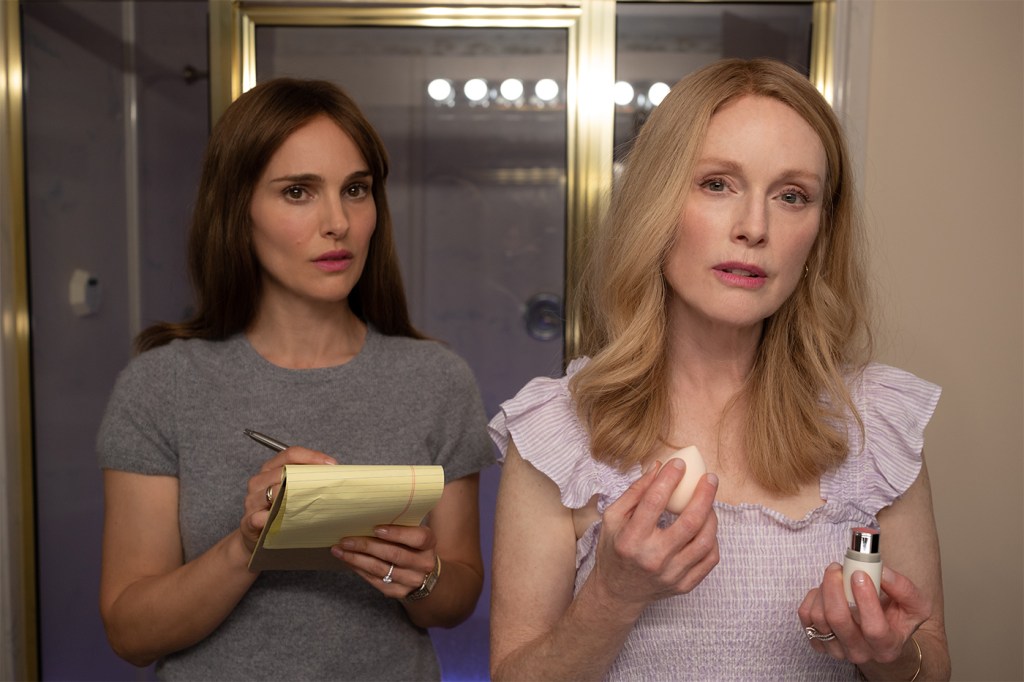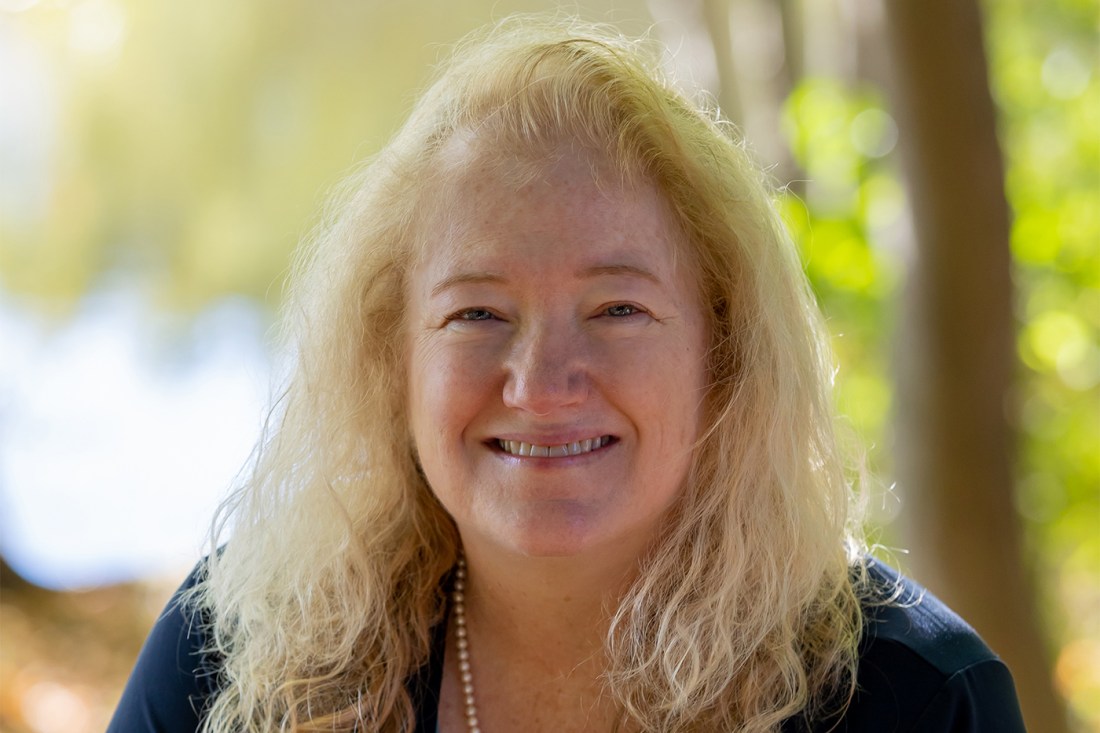‘May December’ highlights serious consequences of childhood sexual abuse
The Golden Globe-nominated film, loosely based on the Mary Kay Letourneau story, shows the “power imbalance” in relationships that start between a child and an adult, said one Northeastern expert.

There’s a scene in the new Netflix movie “May December ” in which Gracie asks her husband, Joe, who had the power when their relationship began. She insists he did — despite the fact he was just 13 when the two of them had sex for the first time.
Featured Posts
If the premise and the conversation sound familiar, it’s because it’s similar to an interview with Mary Kay Letourneau, a former teacher who made headlines in the 1990s for having a relationship with her then-12-year-old student. She served over seven years in prison for second-degree rape of a child and went on to marry her student after being released.
“May December” is loosely based on the story of Letourneau, who raised two children with her former student before the couple split in 2019. The film, which was nominated for a Golden Globe, follows the relationship between Gracie and Joe, a married couple who met working at a pet store when Joe was a teen. Like Letourneau, Gracie was imprisoned for statutory rape before marrying Joe and raising a family with him.
The movie, which came out on Netflix this month, highlights how there is an inherent power imbalance in relationships that begin between a child and an adult, even after the minor ages, said Beth Molnar, a social and psychiatric epidemiologist specializing in trauma and director of the Ph.D. program in population health at Northeastern University. This might have an effect on the victims who don’t always realize the unhealthy power dynamics in their relationship until years later.
“These relationships are really about power and coercion and often take advantage of where the adolescent is in their development,” said Molnar, who is also a member of the Boston Area Rape Crisis Center Board of Directors. “(They’re) at a point where they’re wanting to distinguish a sense of self, show prowess in sexual relationships, have a sense of independence and feel like they know exactly what’s best for them. An older adult can take advantage of that in their own quest for power over another person and in their way of forcing them into what they want.”
“May December” is set about 20 years after the pair’s relationship began and explores what life is for them now through the eyes of Elizabeth, an actress coming to shadow the pair. The community views the couple as normal and even defends them from scrutiny.
But behind the scenes, the viewers see cracks in their relationship and how it affected Joe, who realizes over the course of the film that he wasn’t ready for the kind of relationship that was pushed on him as a child.

Editor’s Picks
“It’s not unusual for somebody to realize that they’ve been victimized much later in life,” Molnar said. “It takes some time, some growth and introspection to figure out that actually that relationship was a power imbalance. … It’s part of our survival instinct to dissociate and sometimes it takes a long time to uncover (that).”
Similarly, the Letourneau case was normalized, despite being a serious crime. After Letourneau was released from prison, she married her student and sold the TV rights to her wedding for six figures, according to People. The magazine also profiled the couple one year after their marriage, giving them the celebrity treatment despite the fact Letourneau was charged with raping her husband when he was a child.
The wedding turned into a piece of entertainment, Molnar said, but the relationship behind it was not acceptable when it began and had consequences, even though Letourneau’s student at that point was an adult.
And the effects can be long-lasting: In “May December” the viewers see Joe struggle to find a sense of self, particularly as his children prepare to leave home for college. In the Letourneau case, her victim never finished high school and struggled with depression and drinking.
Molnar has done research that’s found 23 different psychiatric and substance abuse disorders associated with childhood sexual abuse.
Christie Rizzo, an associate professor of applied psychology at Northeastern, said survivors of childhood sexual abuse may deal with post-traumatic stress disorder, depression and anxiety, three of the disorders identified in Molnar’s research. The effects may also spill over into their relationships, where they may struggle with trust or establishing boundaries.
“Childhood sexual abuse has been associated with a number of challenges,” Rizzo added. “Victims may struggle with guilt, shame and self-blame. When the sexual abuse is perpetrated by a trusted adult, it may be difficult for the victim to view the perpetrator negatively, thus leaving the victim to view the abuse as somehow their fault.”











